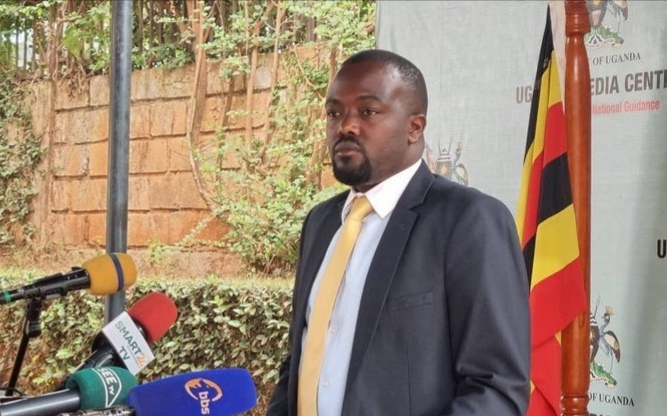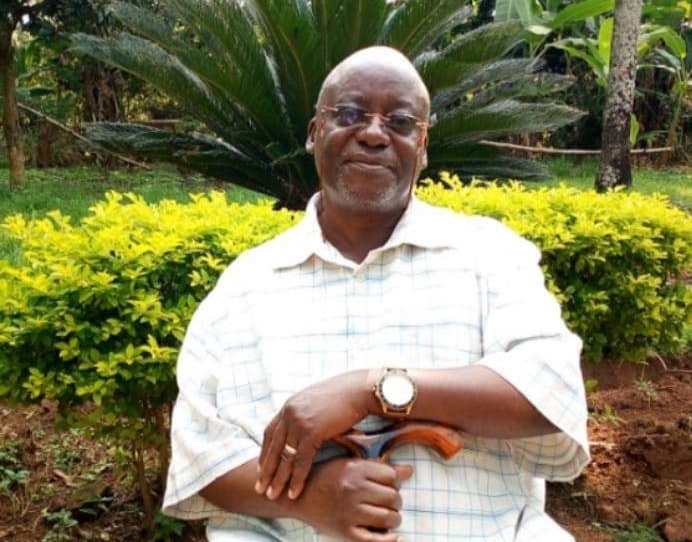I stand in solidarity with the affected communities of the Kigezi sub region, grieving the loss of more than twenty precious lives in the recent landslides. My thoughts and prayers go out to the families who have been devastated by this tragedy. In times like these, it is essential that we come together as a nation to provide support and assistance to those in need.
The Kigezi subregion’s unique topography, characterized by its hilly terrain and overpopulation, presents significant challenges when it comes to land use and management. The unchecked expansion of settlements, deforestation, and unsustainable agricultural practices have intensified the vulnerability of the area, making it more prone to landslides. It is crucial for the public to recognize the consequences of haphazard land occupation and take responsibility for their actions.
While offering condolences and sympathies is a compassionate gesture, it is not enough to prevent future disasters. Speeches and condolences from government officials may provide momentary comfort but they fall short of providing lasting solutions to the problem at hand. The government must step up its efforts by implementing comprehensive policies and regulations that address the root causes of landslides. It is imperative that the government moves beyond rhetoric and takes concrete steps to prevent future landslides. It is time for the authorities to prioritize the safety and well-being of the population by enacting land use policies that are scientifically informed, environmentally sustainable, and tailored to the unique challenges of the Kigezi subregion.
The responsibility to use land properly lies not only with the government but also with the individuals and communities residing in the region. It is essential for the public to understand the risks associated with settling in high-risk areas and to prioritize safety over short-term convenience. Education campaigns, public awareness programs, and community engagement initiatives can play a vital role in promoting responsible land use practices.
To mitigate the risk of landslides, a multi-faceted approach is required. The government should invest in scientific research, early warning systems, and geotechnical studies to accurately identify high-risk areas. This knowledge should inform land use planning and development, emphasizing the need for proper infrastructure and measures to stabilize slopes. Additionally, efforts should be made to restore and protect natural vegetation, promoting sustainable land management practices.
As we mourn the lives lost, we must recognize that condolences alone are not enough. It is imperative that the government takes immediate action and enacts policies to prevent future tragedies. Simultaneously, the public must embrace responsible land use practices and prioritize safety over convenience. By working together and implementing scientifically informed measures, we can protect our communities and ensure a safer and more sustainable future for all. Let this devastating event be the catalyst for change, sparking a concerted effort to safeguard lives and preserve the natural beauty of the Kigezi subregion.
The writer is the LC5 Male Youth Councillor for Rubanda District
wilfredarinda@gmail.com
Do you have a story in your community or an opinion to share with us: Email us at Submit an Article









